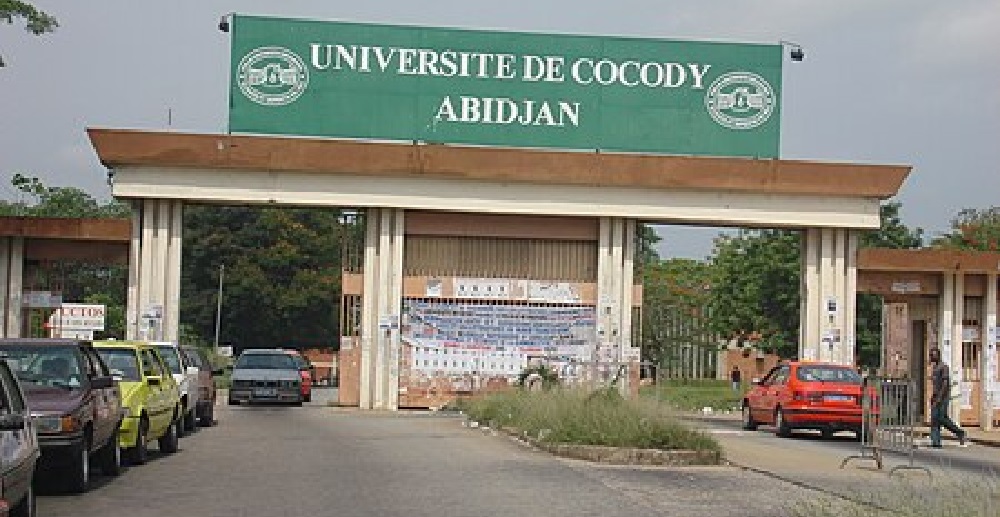The Ivorian government has announced the closure of all student unions following the recent killings of two students, which authorities attribute to the influential Student and School Federation (Fesci).
Investigations into the murders of Khalifa Diomandé and Zigui Mars Aubin Déagoué, occurring in August and September, have led to the arrest of several Fesci members, BBC reports.
Authorities revealed the discovery of an underground tunnel used for torture and a brothel during investigations at Félix-Houphouët-Boigny University in Abidjan.
Students claim that Fesci operated these illicit sites, with many too frightened to report the activities.
“You wouldn’t have believed you were in a university in an organised country,” said a former student, who chose to remain anonymous.
“I was threatened by Fesci many times; they tried to rape me,” she recounted.
“My boyfriend tried to stand up for me, and he was beaten up. On other occasions, I had to pay Fesci members to leave me alone.”
She expressed relief for the victims, stating, “I don’t know how it lasted so long but now I feel relieved for the victims,” adding she has not returned to campus since dropping out eight years ago due to trauma.
Students report that extortion was rampant, with Jose Aristide explaining, “I was supposed to pay $100 (£77) per month for my room, but they were forcing me to pay $250 per month. There was no other option. Everyone feared them.”
On Thursday, the Security Council of Ivory Coast announced a series of raids in Abidjan and Bouaké, resulting in the seizure of over 100 machetes and grenades.
Additionally, authorities expelled 5,000 undeclared residents from university campuses in Abidjan, Bouaké, and Daloa.
When the ban on student unions was announced, celebrations erupted. One lecturer welcomed the ban, expressing hope for a return to peace on campus.
Established in the 1990s, Fesci began as a student body but evolved into an anti-government protest group, with long-standing suspicions of involvement in organised crime.
Notably, former Fesci leaders include Guillaume Soro, a rebel leader turned prime minister, and Charles Blé Goudé, a former youth minister accused but acquitted of massive human rights violations during post-election violence a decade ago.

